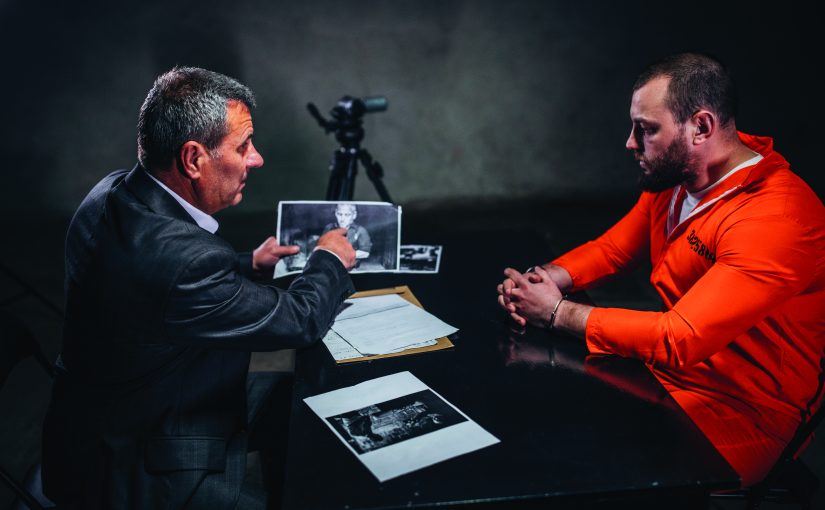Rapport in Police Interviewing
Why Is It Important?

Rapport is an interpersonal relationship between individual participants that can be positive or negative. It’s a connection between individuals that establishes an emotional tone in a given moment. Generally, interviewers strive for positive rapport in most settings, but there are times when a negative rapport can be beneficial during certain types of communication (e.g., interrogations: creating intense pressure). But rapport is not designed for just the interview room; it can also be included during training of new staff, during employee discipline, during an interaction with community members, or when defusing an intense incident.
In law enforcement, rapport can be generally defined as a harmonious relationship that is shared between participants engaged in conversation. As the conversation grows, so does the connection between the participants. A connection begins to take form—a bond or a relationship that promotes a more personal level between the participants (that feeling that they are in it together). In this type of relationship, it changes the environmental mood, making the “scene” or location more comfortable, helping to develop trust and allowing a mutual flow of communication.
According to researchers, when a person has a rapport with someone else, they’re sharing a mutual attentiveness because there is a focus on what the other participants are saying and doing.1 Other less important factors, such as the interviewer being the police or the interviewee being in the police station, become less critical. There is also a level of positivity in the atmosphere, along with coordination or “sync” between the participants. This is because they are sharing a form of common ground (which may be real or an illusion). This coordination can be evident in the levels of energy, tone, amount, and type of body language displayed during the interaction.


